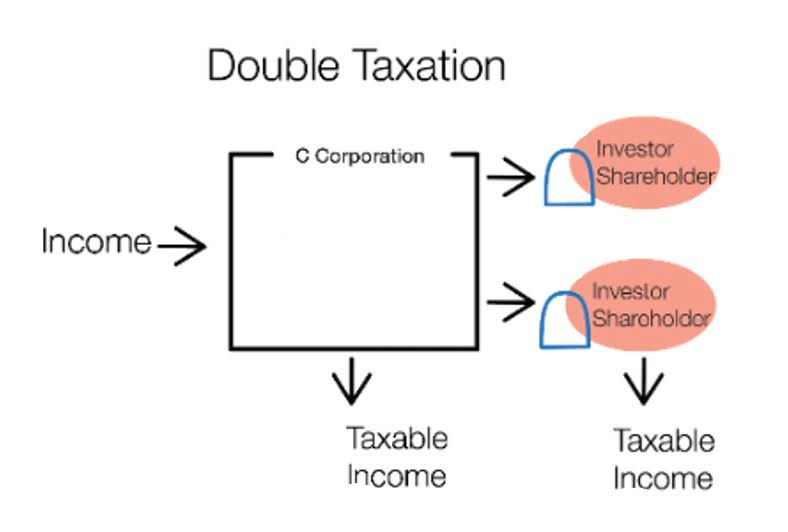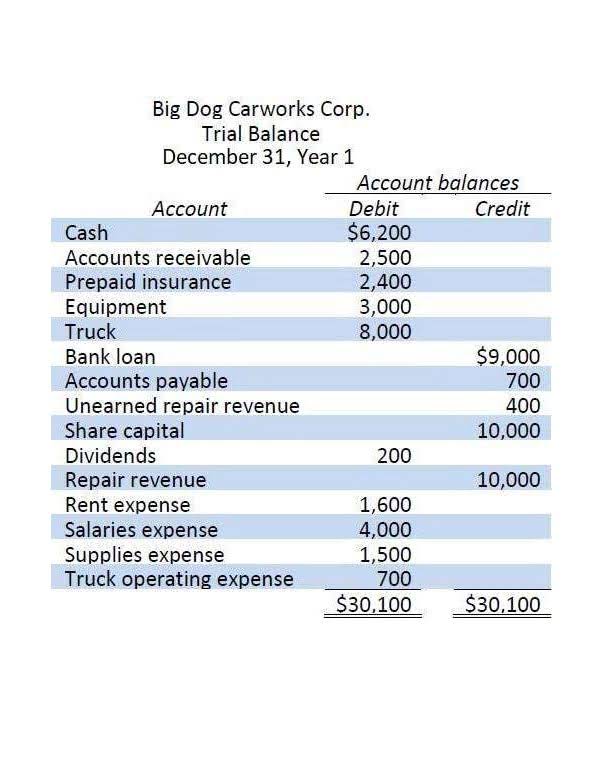
The same corporate law firm that accrues $125,000 in expenses might also use cash accounting to track actual transactions resulting in payments made. The result may show the firm’s expenses as less than $125,000 because of payments made and may not consider future payments when the accountant is preparing the law firm’s financial statements. Interest payable refers to any interest expenses (like interest on a loan) that a company has incurred but has not yet paid off. An entry in a company’s financial books would need to be adjusted in the future to reflect the change in this type of accrued expense.

What are accrued expenses? A breakdown of accrual accounting
As you can see there is a Record Keeping for Small Business heavy focus on financial modeling, finance, Excel, business valuation, budgeting/forecasting, PowerPoint presentations, accounting and business strategy. For instance, you order business cards for the sales department for a total of $1,700. The cards arrive the last week in April, but you have not yet received an invoice. We saved more than $1 million on our spend in the first year and just recently identified an opportunity to save about $10,000 every month on recurring expenses with PLANERGY. They are a kind of a rainy-day fund, built on educated guesses about future expenses.
- Tracking expenses properly ensures timely payments to suppliers and employees, fostering trust and preventing service disruptions.
- The business would then be required to record a credit to revenue and a debit to accounts receivable at the time of sale – even though the customer has not yet paid for the product.
- By understanding and accurately recording these expenses, companies ensure they are providing a fair and accurate picture of their financial health.
- Following the matching principle gives a more accurate view of profitability and performance, especially over shorter timeframes like monthly or quarterly reporting.
- For instance, if your accrued expenses typically amount to 15% of your total operating expenses, and your operating expenses for the month are $100,000, you would estimate your accrued expenses at $15,000.
Payable wages or salaries
Additionally, accrued expenses may also allow a business to get a better idea of what liabilities to expect at future dates. In this article, you will learn what accrued expenses refer to, the main types of accrued expenses and how accrued expenses are used to reflect a company’s financial status accurately. Recording accrued expenses allows for accurate financial reporting by reflecting the financial obligations of a business that have not yet been settled.

Accrual Accounting Vs. Cash Accounting
Incorporating accrued expenses into financial models requires careful consideration. Develop accurate methods for projecting future accrued expenses and understand how changes in these expenses affect overall financial projections. It’s always advisable to consult with tax professionals or legal experts for personalized advice.
- Under the accrual method of accounting, revenue is recorded when it is earned and expense is recorded when it is incurred.
- If they go unpaid, you may be subject to interest, which can quickly compound the money owed.
- As a result, liability for these expenditures is created and recorded as accrued liabilities (short term) on the balance sheet liability side.
- Accrual accounting requires revenues and expenses to be recorded in the accounting period that they are incurred.
- Instead of waiting for payments, they record expenses as they occur, improving reporting and Decision-Making.
- The expenses are recorded on an income statement, with a corresponding liability on the balance sheet.
- Understanding these distinctions is crucial for accurate financial reporting and analysis.
Prepaid expenses, conversely, are expenses you’ve paid in advance for goods or services you’ll receive later. Common examples include insurance premiums paid upfront for the year or an annual software subscription. Initially, prepaid expenses are recorded as an asset on your balance sheet. As you use the service or receive the goods, the prepaid expense gradually becomes an actual expense on your income statement. The key difference, as highlighted by BDC.ca, is the timing of the payment relative to when the good or service is used. Without accruals, companies would only show income and expenses related to cash flows or money coming in and out of their bank accounts.
- To recap, the accrued expenses meaning describes the expenses already incurred by a company, but for which an invoice has not yet been issued.
- Exploring the recording process, journal entries, and impact on various financial statements offers a detailed understanding of this important concept.
- Accrued expenses are costs that a company has incurred during a period but has not yet paid or recorded.
- As a general guideline, any expense incurred during the current month that has not been accounted for by the end of the accounting period should be accrued.
- This accurate accounting ensures that financial statements reflect a true and fair view of the company’s financial position.
Accrued expenses impact the company’s profitability on paper, but they don’t immediately impact cash flow since you’ve not yet actually paid for the expenses. Accrued expense is a concept in accrual accounting that refers to expenses that are recognized when incurred but not yet paid. This eliminates https://www.bookstime.com/articles/accrued-expenses the possibility of an overstated or understated expense balance, that will result in an inaccurate financial position for that reporting period.
Company

In order to account for the expense of wages that will be paid out, the company bookkeeping accrues them. They represent costs incurred but not yet paid, which are typically positive amounts. Incorporating accrued expenses into budgeting processes enhances financial control.

By staying informed about these legal and regulatory aspects, businesses can ensure they’re managing accrued expenses in compliance with applicable laws and standards. Understanding the legal and regulatory aspects of accrued expenses is crucial for businesses to maintain compliance and optimize their financial practices. Let’s explore the key considerations related to business tax laws and regulations governing accrued expenses. Consult with a tax professional to understand when accrued expenses can be deducted and be aware of how the timing of accrued expense recognition affects your tax liability.
